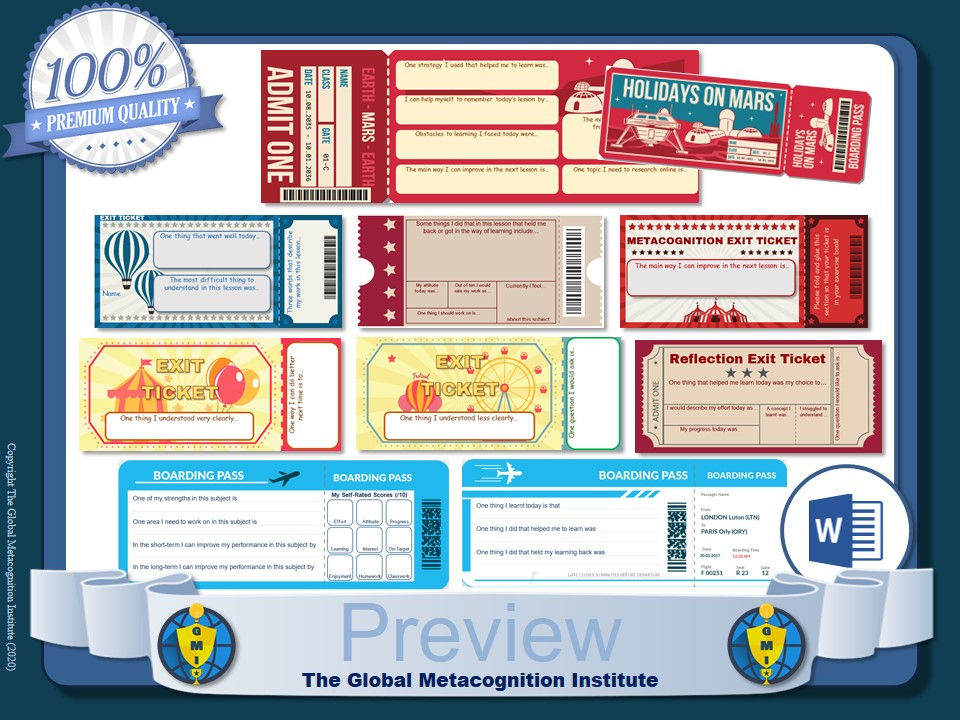A paradigm shift is underway that underscores the pivotal role of student self-assessment skills in fostering not only academic excellence but also holistic growth. The cultivation of these skills transcends being a mere pedagogical choice; it emerges as a transformative force that equips students with autonomy, critical thinking, self-awareness, and a lifelong commitment to learning. This essay presents a compelling series of arguments to underscore the paramount importance of cultivating student self-assessment skills within the educational landscape.
1. Fostering Active Engagement
Student self-assessment skills actively involve learners in the learning process. By evaluating their own progress and understanding, students become proactive participants rather than passive recipients, shaping their educational journey in a profound way.
2. Cultivating Lifelong Learning
The ability to assess one's progress and adapt strategies accordingly is an invaluable skill that extends beyond the classroom. Student self-assessment nurtures a mindset of continuous learning, preparing individuals to thrive in a world of rapid change and innovation.
3. Nurturing Intrinsic Motivation
The very act of self-assessment is a testament to students' capacity to actively participate in their learning journey. This empowerment nurtures intrinsic motivation—a driving force that propels students to seek knowledge for the sheer joy of growth.
4. Developing Critical Thinking
Student self-assessment compels learners to critically examine their work, moving beyond surface evaluations to dissect the "how" and "why" of their accomplishments and challenges. This honing of critical thinking skills equips them to analyse complexities and make informed decisions.
5. Enhancing Ownership and Responsibility
Students who engage in self-assessment assume ownership of their learning outcomes. This heightened sense of responsibility transforms them from passive recipients of knowledge into active agents who proactively shape their educational journey.
6. Empowering Self-Directed Learning
Honing self-assessment skills encourages students to become self-directed learners. They acquire the ability to set goals, identify gaps, and devise strategies—a triad that forms the foundation of lifelong learning.
7. Fostering Metacognitive Awareness
Self-assessment triggers metacognitive processes where students become conscious of their thinking patterns and learning strategies. This heightened awareness enhances overall cognitive efficiency and efficacy.
8. Cultivating a Growth Mindset
Students who engage in self-assessment develop a growth mindset—the belief that abilities and intelligence can be developed through dedication and hard work. This mindset encourages them to embrace challenges as opportunities for growth.
9. Enabling Personalised Learning
Each student possesses a unique learning style and pace. Self-assessment empowers students to recognise their preferences and tailor their learning approaches, fostering a personalised and effective educational experience.
10. Building Leadership Skills
Leadership demands self-awareness, adaptability, and the ability to evaluate one's strengths and weaknesses. Student self-assessment not only prepares individuals for academic success but also for leadership roles in various spheres of life.
Conclusion
The cultivation of student self-assessment skills is a transformative endeavour that transcends the boundaries of education. By nurturing autonomy, critical thinking, self-awareness, and adaptability, schools provide a platform for students to excel as scholars and leaders in a dynamic world. As educators, parents, and society at large, we bear the responsibility of nurturing these skills, harnessing their potential to shape a brighter future driven by empowered individuals who relentlessly pursue growth and innovation.
We've created two downloadable resources that are focused on self-assessment. They are suitable for students aged 11-18 and can be used in any school subject.
The first is a set of five self-assessment worksheets that focus on subject-specific assessment. The second is a self-assessment session based around a six-page printable self-assessment workbook; this resource focuses on a more generalised self-assessment so that students can look at 'the bigger picture' when it comes to evaluating both their work, their effort, and their strengths and weaknesses as learners. Use the following buttons to download these self-assessment teaching resources now...
Previews...
🌟 Elevate Learning with Our Self-Assessment Teaching Resources! 🌟
Unlock the true potential of your students with our cutting-edge self-assessment teaching resources! 🚀 Designed to ignite a passion for learning and cultivate essential skills, our resources empower students to take the reins of their own educational journey.
📚 Imagine students who are not just passive learners, but active participants in their growth. Our carefully crafted resources seamlessly integrate into your teaching approach, fostering a culture of self-awareness and achievement.
🎯 With our tools, students learn to set goals, track progress, and reflect on their learning path, all while developing crucial skills like critical thinking and self-regulation.
🧠Whether in the classroom or through remote learning, our resources adapt to diverse environments, making learning engaging and personalized.
🌈 Join countless educators who are already witnessing the transformative impact of our self-assessment resources. Experience the joy of seeing your students light up as they realize their own capabilities and chart a course towards success.
🔥 Don't miss this chance to revolutionize your teaching approach and inspire a lifelong love for learning. Download our self-assessment resources today and watch your students flourish like never before!




















































Comments